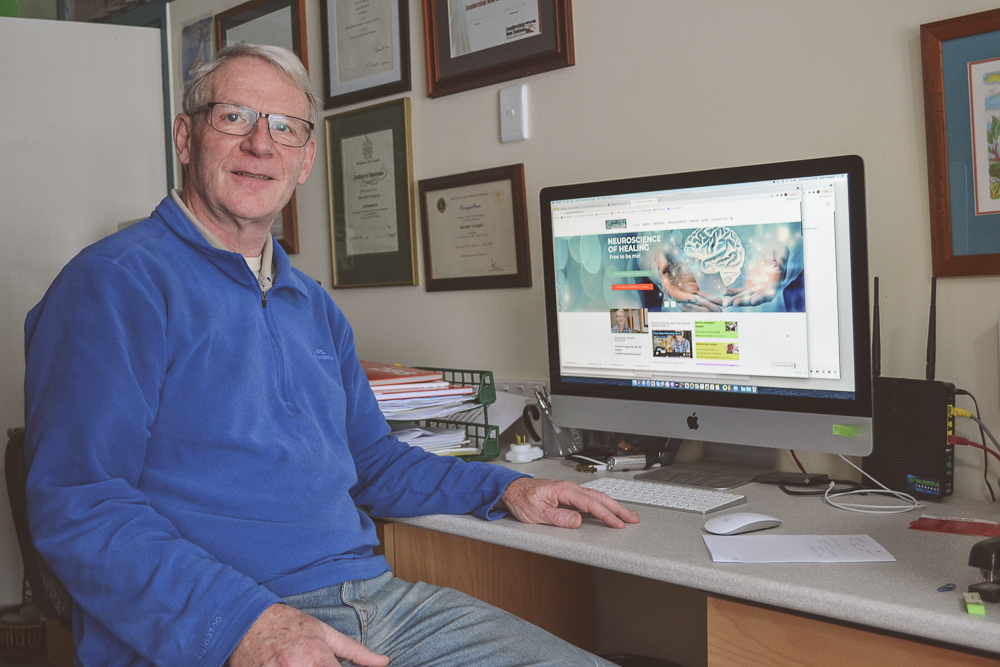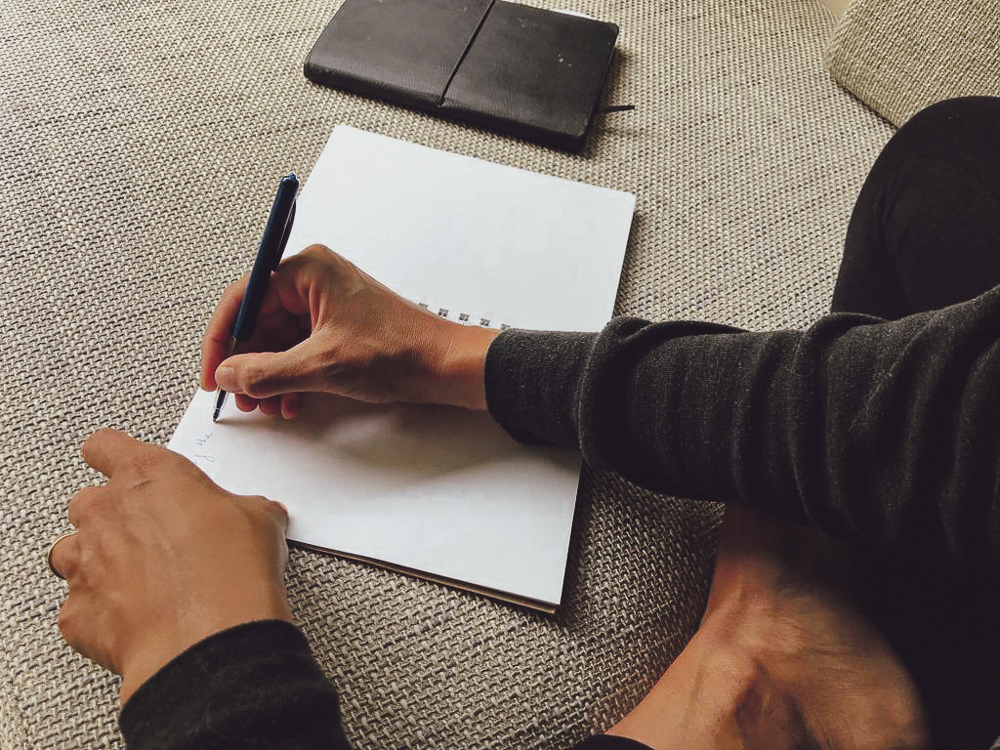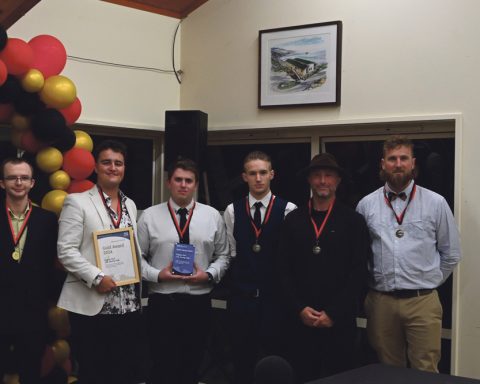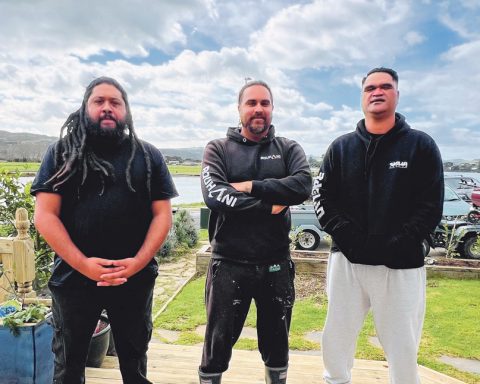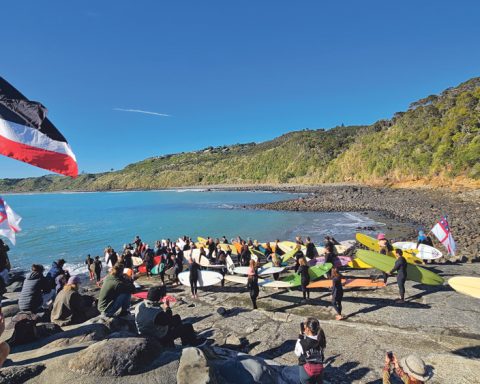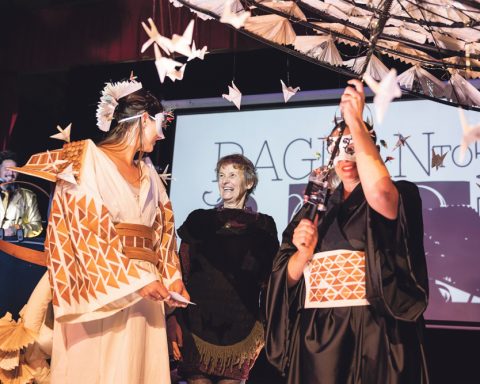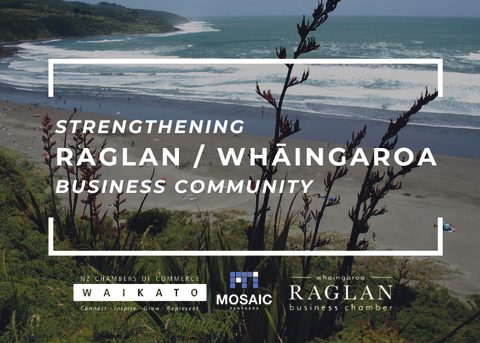Raglan resident Robin Youngson used to specialise in putting people out – but now it’s more a case of putting them right.
In fact the retired anaesthetist turned havening expert says the revolutionary techniques he now practices have freed more than 100 people locally, and many more around the country, from anxiety and trauma disorders.
There’s no worry over his fees, either: the unassuming, softly spoken doctor – who has a home and clinic at the top of Stewart St – does not charge his local clients. Instead, on Fridays, he offers Raglan residents his expertise on a koha basis.
It’s little surprise then that in the three years since being certified as a havening techniques practitioner Dr Youngson has gained quite a following in Raglan.
He loves the work that now fills his so-called retirement, describing it as “a completely new career” as both a practitioner and a trainer in trauma therapy.
The 65 year old says havening is more gratifying than anything he did in more than three decades as a medical doctor, a career in which he received plaudits for leadership in compassionate healthcare.
He recalls his own astonishment to learn that three simple forms of human touch can radically change our brainwaves – that by gently rubbing the hands, shoulders and face the brain is literally rewired to create a strong signal of safety and to remove the effects of trauma.
“It’s astounding to witness,” he says.
He insists the practise is not woo-woo, saying there’s “very detailed” neuroscience behind havening which explains how trauma is stored in the brain and how it can be reversed, right down to the molecular level.
“Havening is when science and physiology work together.”
Dr Youngson cites the case of one client who had a severe phobia and couldn’t drive across a bridge. During a 15-minute session the phobia vanished, the client got in the car and simply drove across “with no emotional reaction”.
In another case, he says, a Raglan woman who’d had a gun held to her head in an armed hijacking overseas – resulting in recurring nightmares and a lot of anxiety – described her memory of the event as non-traumatic after just one 15-minute havening session.
Dr Youngson explains the process as a gentle and intuitive one – either applied by the practitioner or by clients themselves under guidance. He says the technique offers a cure for anxiety, phobias, emotional problems, PTSD and some cases of chronic pain.
Most of his work these days is in the ‘Neuroscience of Healing’ clinic he’s set up in the basement of his brick home. He also runs training courses from this clinic, though for bigger groups uses the Karioi conference room at the Raglan Sunset Motel.
Dr Youngson admits havening is still “pretty revolutionary”, and is passionate about spreading the word about its benefits at any opportunity.
Recently, for instance, he was one of 12 speakers at a ‘Play to heal the world’ virtual festival. He’s also made presentations to a virtual Embodiment Conference, the Australasian Integrative Medical Association virtual conference, the Rotorua General Practice Conference and a perinatal anxiety & depression seminar series specifically for childbirth trauma.
He sees “enormous potential” for large community networks to use havening techniques, and is excited to have been commissioned by an Auckland high school to train all six of its counsellors, plus another six youth counsellors associated with a charitable trust which works to reduce youth suicide.
“This is a remarkable opportunity to get havening into schools,” says Dr Youngson. “I believe it can radically change the culture of an entire school.”
The neuroscience behind healing trauma can release anyone from the distressing memories that hold them back, he insists. “I see client after client float free from their past and shine … it’s just amazing.”
